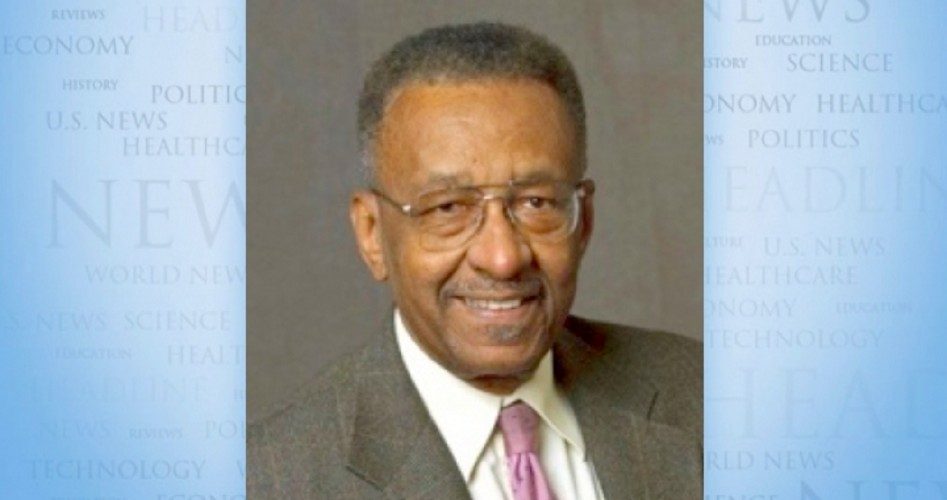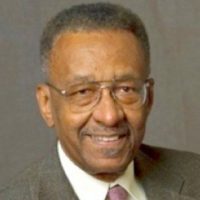
It would be unreasonable to expect a student with the reading, writing and computing abilities of an eighth-grader to do well in college. If such a student were admitted, his retention would require that the college create dumbed-downed or phantom courses. The University of North Carolina made this accommodation; many athletes were enrolled in phantom courses in the department of African and African-American studies. The discovery and resulting scandal are simply the tip of the iceberg and a symptom of a much larger problem.
A UNC learning specialist hired to help athletes found that during the years 2004 to 2012, 60 percent of 183 members of the football and basketball teams read between fourth- and eighth-grade levels. Eight to 10 percent read below a third-grade level. These were black high-school graduates, and their high-school diplomas were clearly fraudulent. How cruel is it for UNC to admit students who have little chance of academically competing on the same basis as its other students? Black students so ill-equipped run the risk of ridicule and reinforcing white stereotypes of black mental incompetence. If these students are to retain their athletic eligibility or minimum GPA requirements, universities must engage in academic fraud.
Academic fraud benefits the entire university community except the black students. If universities can maintain the scholar-athlete charade, they earn tens of millions of dollars in sports revenue. Other than as a pretense, academics can be ignored. The university just has to create academic slums, where weak students can “succeed.” Stronger academic departments benefit because they do not have to compromise their standards and bear the burden of having to deal with weak students. Then there’s that feather in the diversity hat upon which university administrators are fixated. I guarantee you that academic fraud is by no means unique to UNC. As such, it represents gross dereliction and dishonesty on the parts of university administrators and faculty members.
Unfortunately, and to the detriment of black people, there is broad support among black members of the academic community for practices that lead to academic fraud. In the wake of the UNC scandal, the Carolina Black Caucus — a campus group of administrators, staff and faculty — rushed to the defense of the black athletes and the department of African and African-American studies, claiming an unfair investigation and unfair public and media attack. One campus student group said that the student-athlete fraud scandal is actually a result of “white supremacist, heteropatriarchal capitalism.”
Focusing solely on the academic problems of blacks at the college level misses the point. It is virtually impossible to repair 12 years of rotten primary and secondary education in the space of four or five years of college. Proof of that is black student performance on postgraduate tests, such as the GRE, LSAT and MCAT. The black-white achievement gap on those tests is just as wide as it is on the SAT or ACT, which high schoolers take. That’s evidence that primary and secondary education deficiencies have not been repaired during undergraduate years.
The academic achievement level for white students is nothing to write home about. Only 25 percent of white high-school graduates taking the 2011 ACT met its benchmarks for college readiness in all subjects for which it tests. Only 4 percent of black students were college-ready in all subjects, according to their scores on the ACT.
The high academic failure rate among blacks means one of two things. Either black students cannot learn or primary and secondary schools, parental choices, black student attitudes, and cultural values regarding education are not conducive to what young blacks need for academic excellence. Colleges admitting underperforming black students conceal, foster and perpetuate the educational damages done to these youngsters in their earlier education.
Walter E. Williams is a professor of economics at George Mason University. To find out more about Walter E. Williams and read features by other Creators Syndicate writers and cartoonists, visit the Creators Syndicate Web page at www.creators.com.
COPYRIGHT 2014 CREATORS.COM



